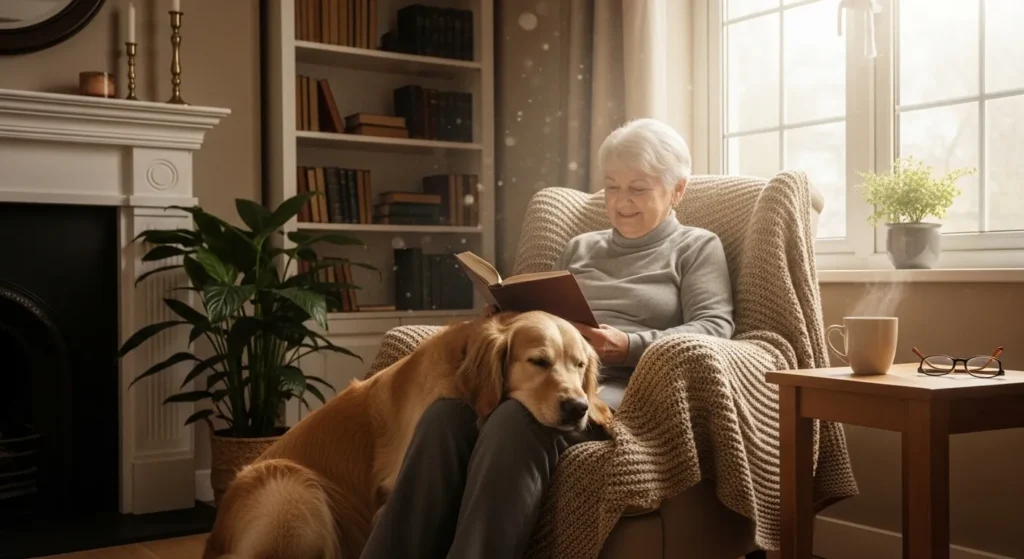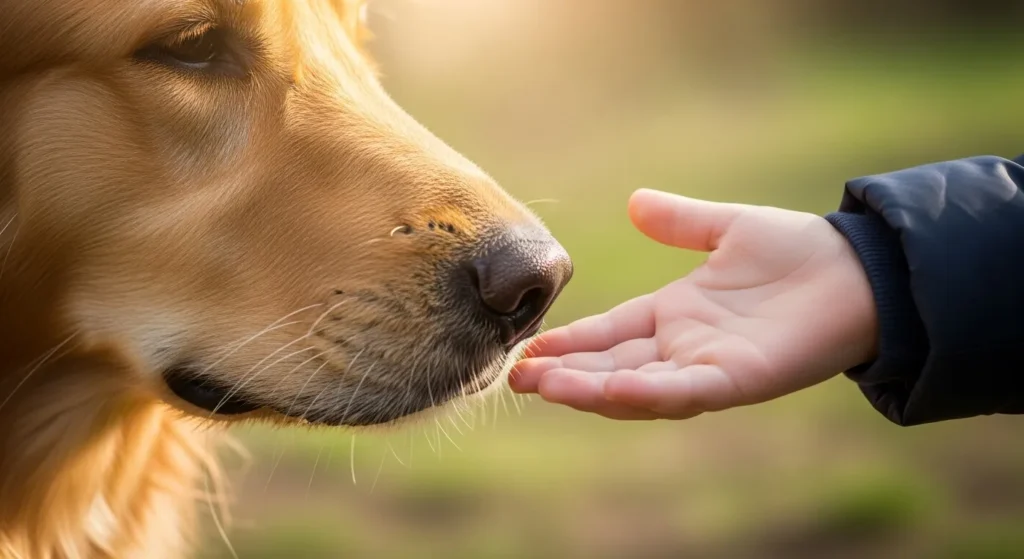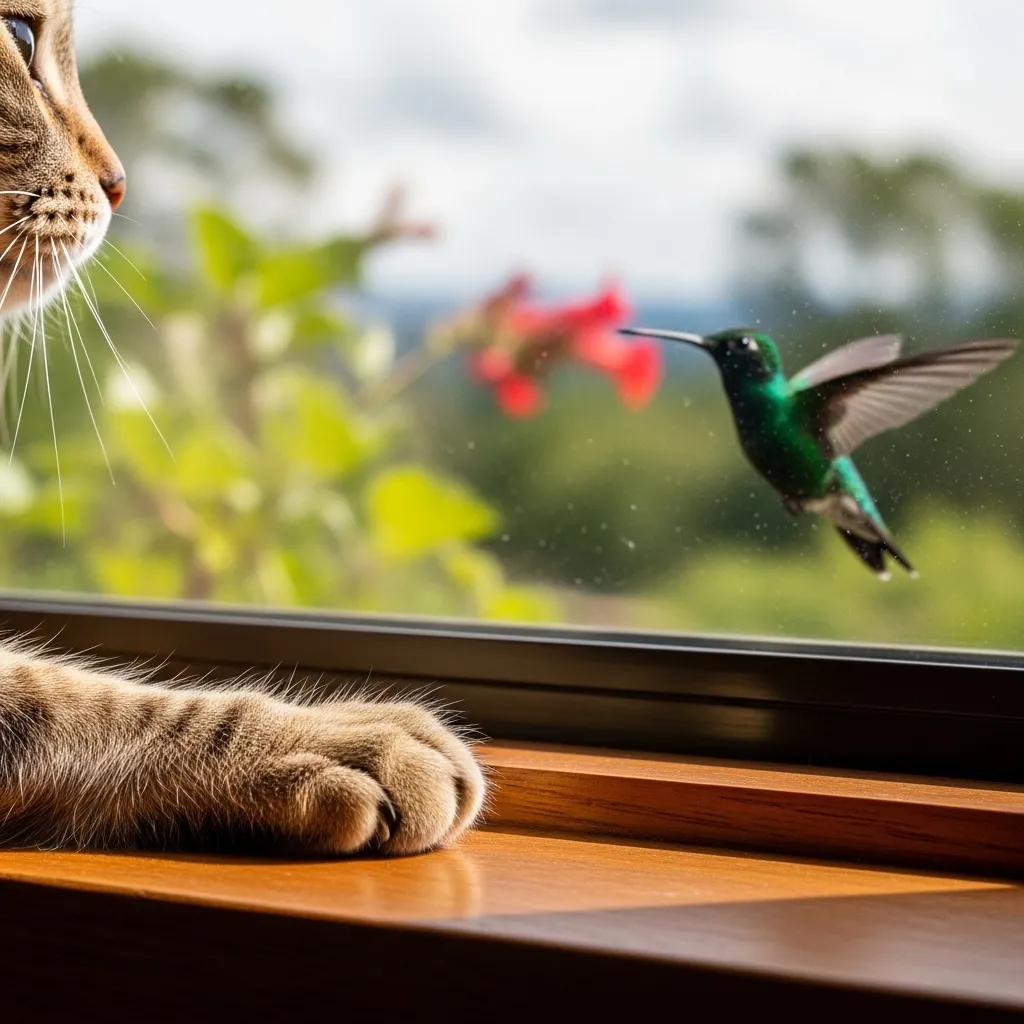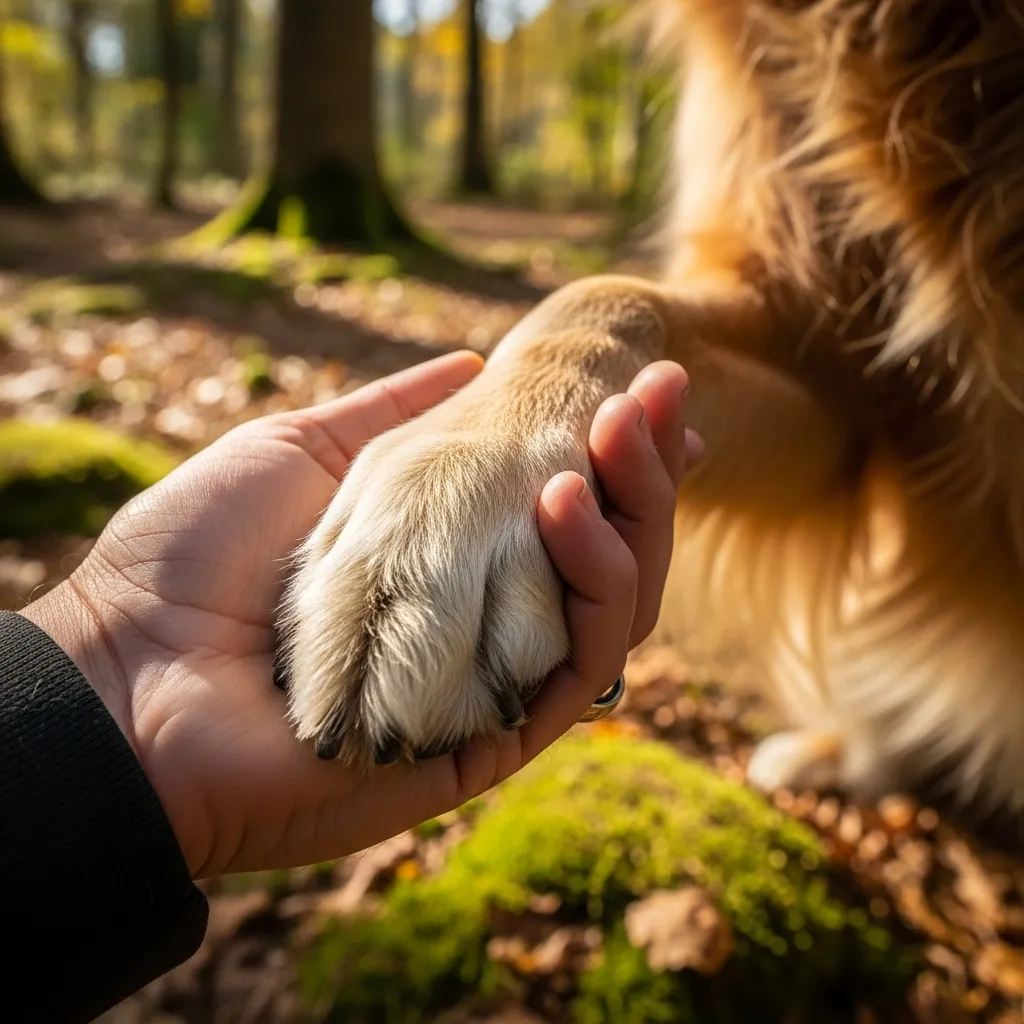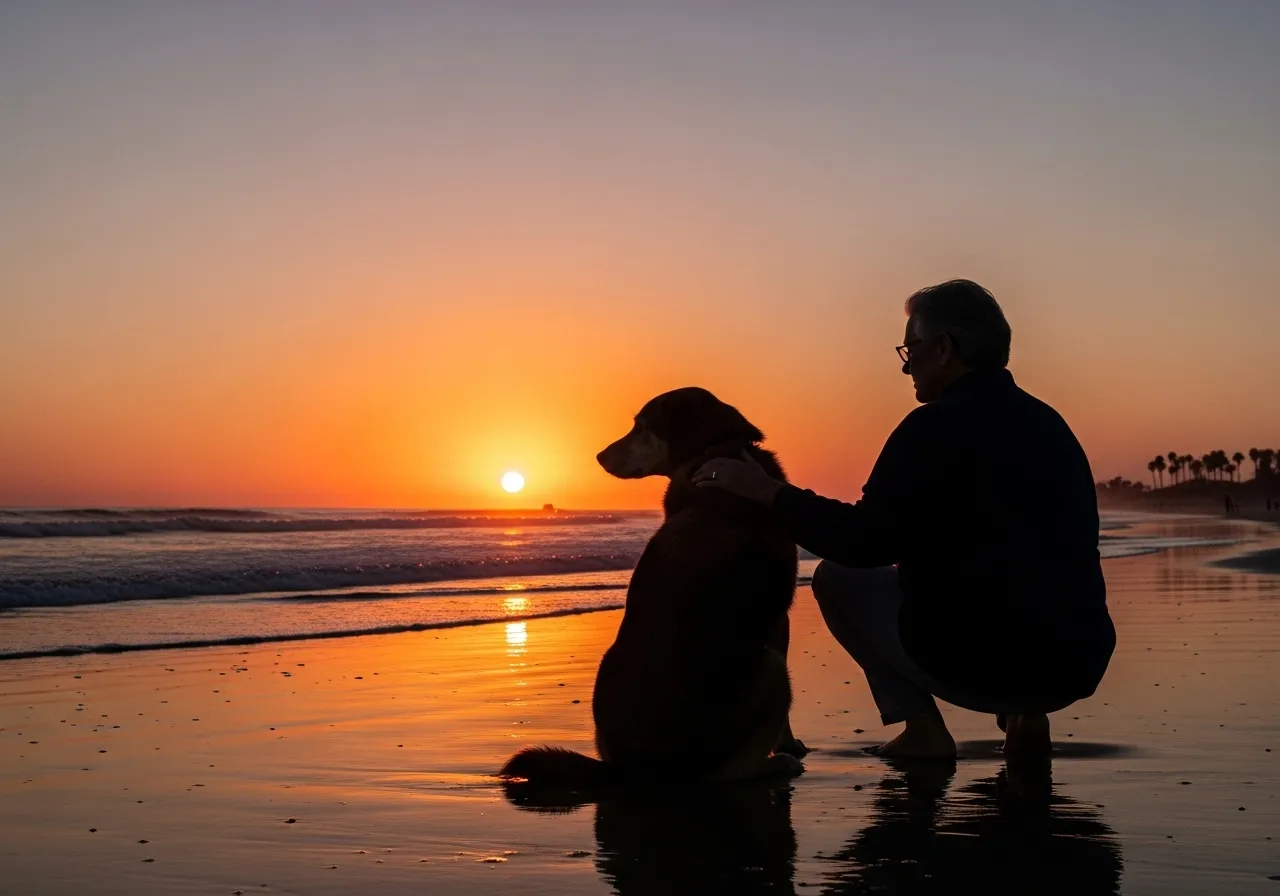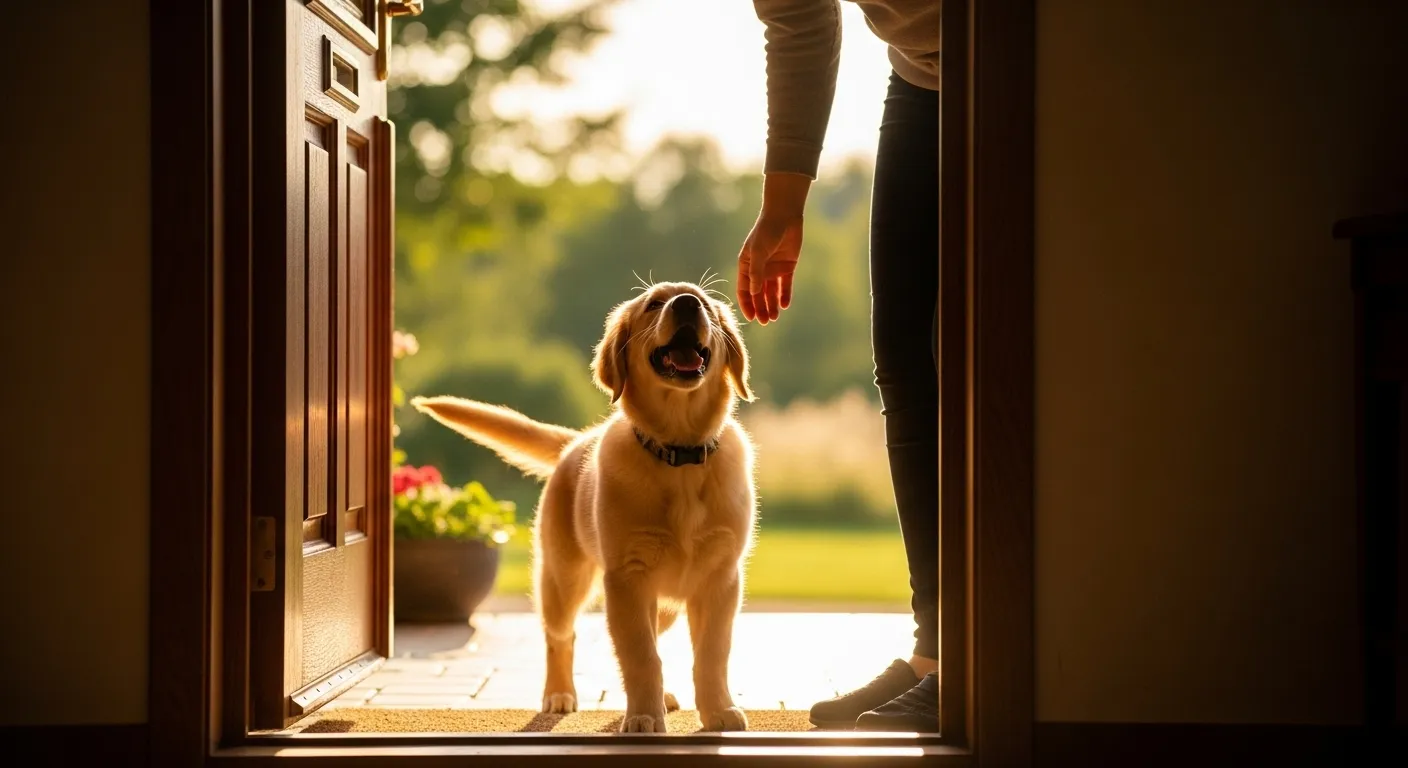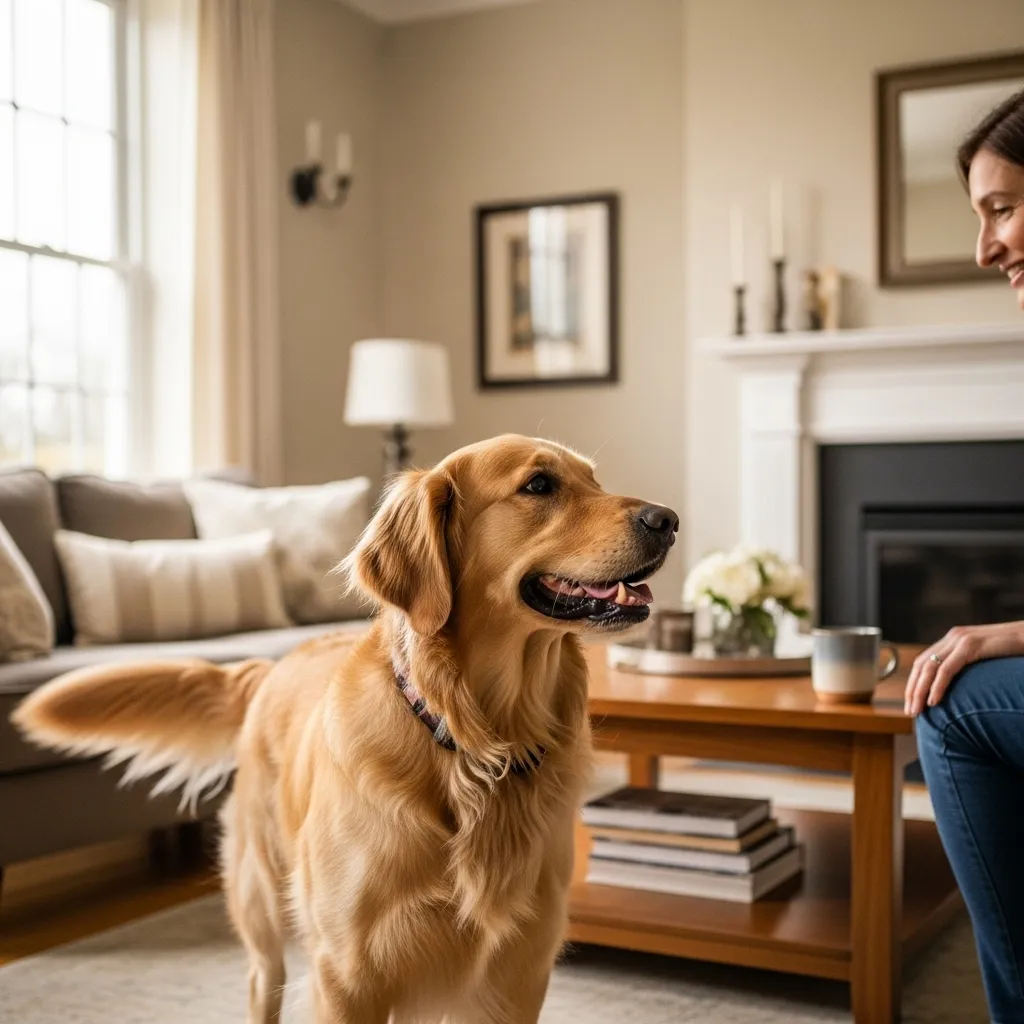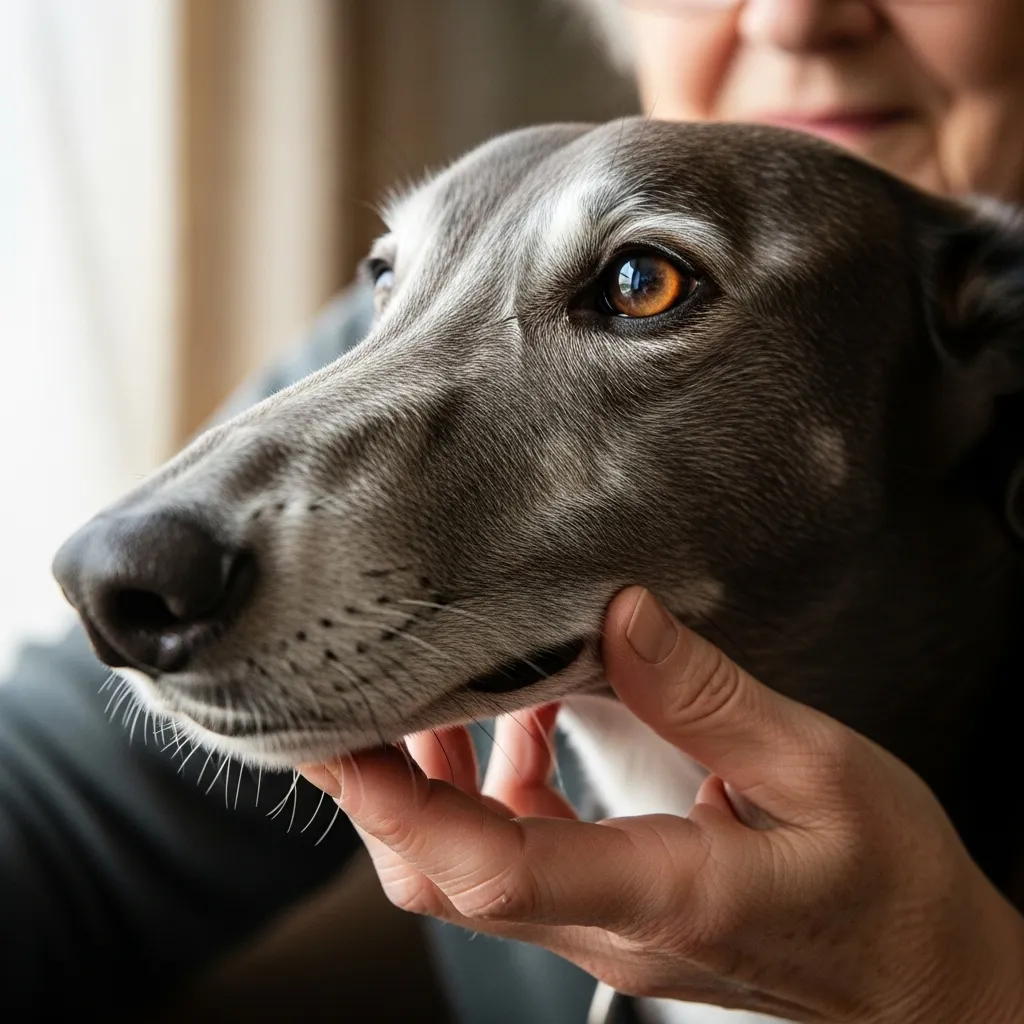
The Unspoken Understanding: Why Seniors and Senior Pets Thrive Together
The decision to adopt a pet is significant, but for many seniors, choosing an older animal from a shelter feels less like a choice and more like a natural fit. Unlike the whirlwind of house-training a puppy or managing the boundless energy of a kitten, adopting an adult pet comes with a refreshing level of predictability. Their personality is already formed, their size is set, and their energy levels are often perfectly in sync with a quieter lifestyle. This is one of the greatest benefits of adopting an older dog or cat: what you see is what you get.
This immediate compatibility forms the foundation for a deep and immediate bond. A senior pet doesn’t ask for strenuous hikes or constant, high-energy play. They ask for a soft bed, a full food bowl, a gentle hand, and a steady presence. In return, they offer the same: quiet companionship, a calming presence, and unconditional love. This beautiful synergy is perfectly illustrated by the story of Eleanor and her beloved dog, Buster.
Eleanor and Buster: A Tale of Quiet Companionship
Eleanor, a retired librarian in her late seventies, lived a peaceful life filled with books, gardening, and quiet contemplation. After her previous dog passed away years earlier, she felt a void but worried about the demands of a young animal. Her daughter suggested she visit a local shelter that had a senior pets for seniors program. Hesitant but curious, Eleanor agreed to go “just to look.”
There, in a cozy kennel, was Buster, a ten-year-old Beagle mix with soulful brown eyes and long, floppy ears that had started to gray at the tips. The kennel card described him as a “gentle old soul” whose owner had moved into assisted living. When a volunteer brought him out for a meet-and-greet, Buster didn’t jump or bark. He simply walked over to Eleanor, rested his chin on her knee, and sighed, as if he’d finally come home. Eleanor knew in that moment he was the one.
Their life together quickly settled into a comfortable rhythm. Mornings began not with a frantic demand for a walk, but with a gentle nudge from Buster’s wet nose. They would take a slow, meandering stroll around the block, with Buster taking ample time to sniff every interesting scent along the way. Afternoons were spent on the porch swing, Eleanor reading her book and Buster napping at her feet, his leg occasionally twitching as he dreamed. His presence was a quiet, constant comfort. He didn’t demand much, but he gave everything—a reason to get up in the morning, a warm body next to her on lonely evenings, and a steady heartbeat in the quiet of the house.
Eleanor often said that Buster rescued her as much as she rescued him. He didn’t fill her life with noise and chaos; he filled it with a profound sense of peace and purpose. Their story is a testament to the fact that the best relationships are often not about shared energy, but about a shared understanding of what it means to be content.

